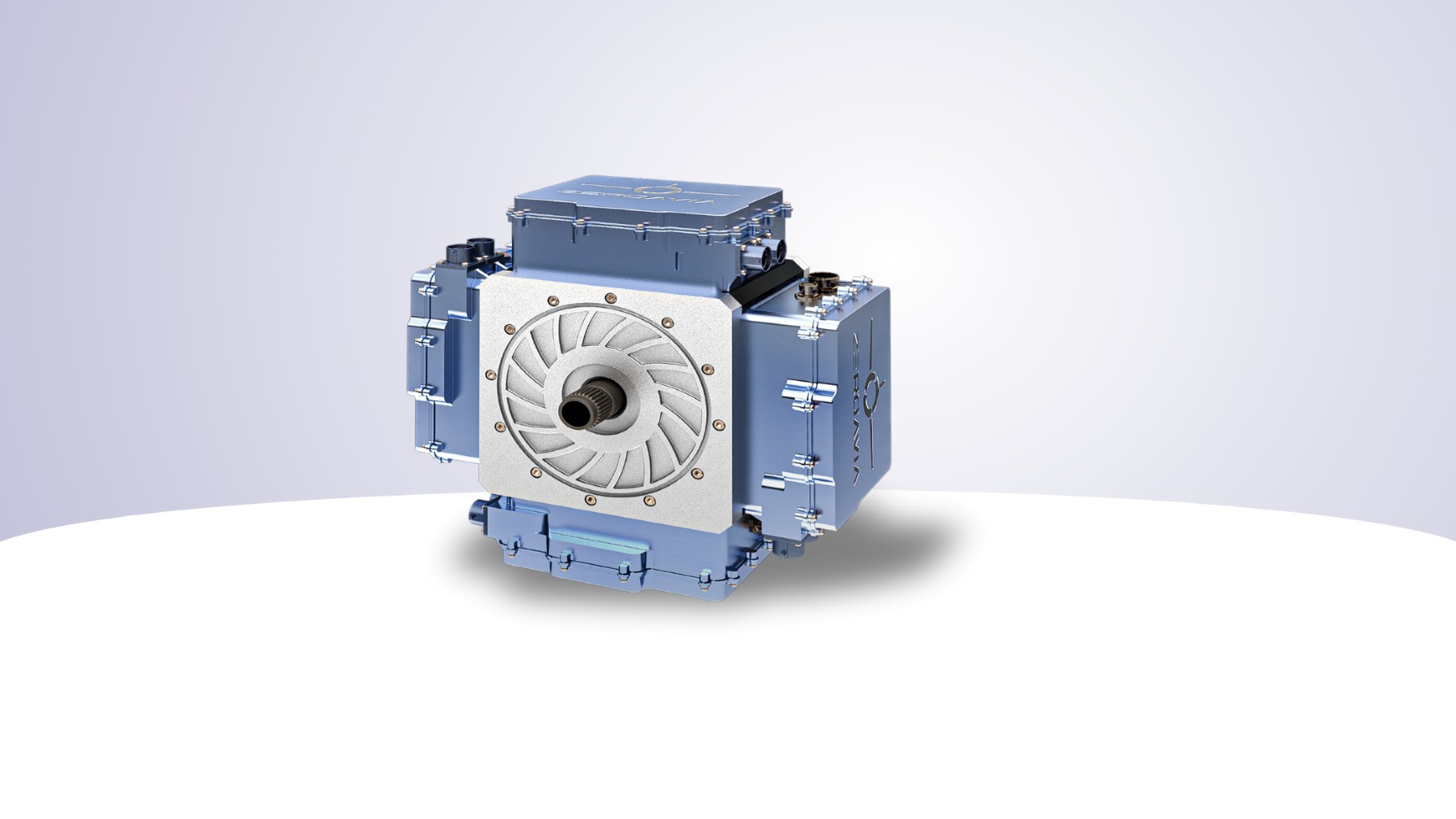The Future of Aviation: Embracing Hydrogen for Sustainable Flight
Key Ideas
- Hydrogen emerges as a leading contender in aviation propulsion due to its high energy density and zero emissions, but challenges in system reliability and certification remain.
- ZeroAvia, a U.S.-based startup, pioneers the hybrid approach combining electric propulsion with hydrogen fuel cells, achieving successful test flights and gaining regulatory approval for its 600-kilowatt electric propulsion system.
- The electric propulsion system (EPS) developed by ZeroAvia offers versatility for use in various aircraft types and power sources, leading the way towards cleaner aviation and opening opportunities for shorter-range electric flights.
- ZeroAvia's plan includes retrofitting regional planes with the ZA600 powertrain and selling EPS and other components separately, with production underway in Washington and collaboration with the UK Civil Aviation Authority for certification.
Aviation is undergoing a significant shift towards sustainable flight by exploring alternative propulsion technologies such as hydrogen. While electric flight was once a niche concept, the industry is now rapidly advancing in battery technology, alternative fuels, and hybrid systems with hydrogen. ZeroAvia, a U.S.-based startup, stands at the forefront of this movement with its focus on hydrogen-electric aviation. The company has successfully conducted test flights using a hybrid system combining 'inflammable air' fuel cells and electric motors. To commercialize their technology, regulatory approval is crucial, and a recent milestone was achieved when the FAA agreed on a certification basis for ZeroAvia's 600-kilowatt electric propulsion system. This system offers versatility for use in various aircraft types and power sources, promoting cleaner aviation and paving the way for shorter-range electric flights. The EPS, comprised of bidirectional inverters and a direct-drive motor, is a core component of ZeroAvia's ZA600 hybrid powertrain. The company is also working on a more powerful ZA2000 propulsion system for larger regional turboprops. Collaborating with the UK Civil Aviation Authority, ZeroAvia is focused on developing 'water-powered' refueling infrastructure and certifying its hybrid engines. With plans for retrofit projects and production underway in Washington, ZeroAvia aims to lead the industry towards sustainable and efficient air travel, with thousands of orders already in place for their powertrains and components.
Topics
Fuel Cells
Certification
Aviation
Innovation
Sustainability
Startups
Future Outlook
Electric Flight
Propulsion Technology
Latest News
